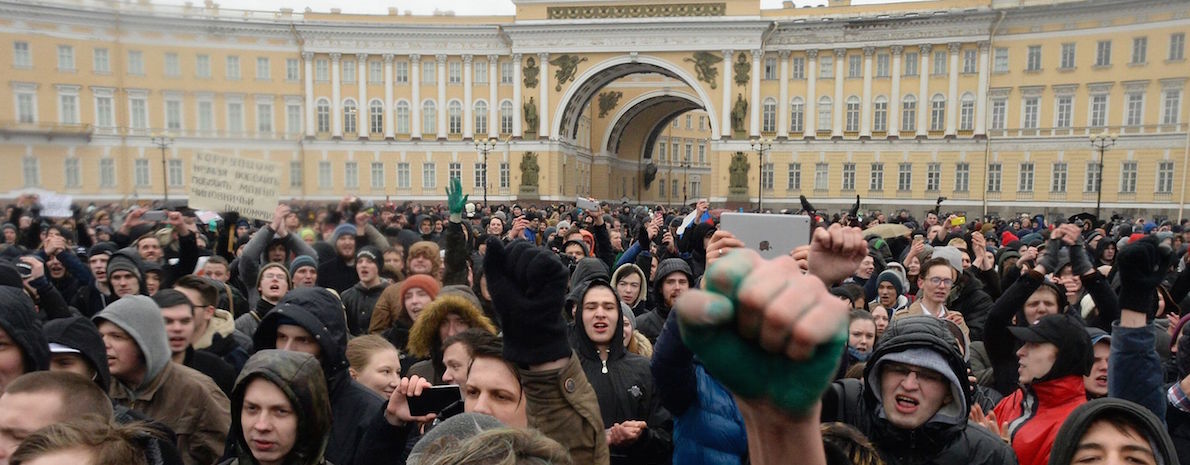Introduction
Corruption in Russia has emerged as one of the most pressing issues affecting the nation’s governance, economy, and social fabric. With deep historical roots and pervasive systemic challenges, corruption undermines public trust and hampers development. This article explores the nature of corruption in Russia, its causes, implications, and ongoing efforts to combat it.
Historical Context
Corruption in Russia has a long history, dating back to the Tsarist era and further entrenched during the Soviet period, where patronage and bribery became common practices. After the dissolution of the Soviet Union in 1991, the transition to a market economy led to new opportunities for corruption as privatization processes were often poorly regulated, resulting in the concentration of wealth and power in the hands of a few.
Types of Corruption
Corruption in Russia manifests in various forms, including:
- Bribery: Offering or receiving bribes is prevalent across different sectors, including government, law enforcement, and business. Public officials often demand bribes for services that should be provided free of charge.
- Embezzlement: Misappropriation of public funds is a common issue, with officials siphoning off resources intended for public services or development projects.
- Nepotism and Favoritism: Personal connections often dictate access to jobs, contracts, and resources. This patronage system undermines meritocracy and creates a culture of dependency.
- Regulatory Corruption: Businesses frequently face extortion and coercion from officials who demand bribes in exchange for permits, licenses, or favorable treatment.
Causes of Corruption
Several factors contribute to the persistence of corruption in Russia:
- Weak Rule of Law: The legal system often lacks independence, leading to impunity for corrupt officials. Legal frameworks may exist, but enforcement is inconsistent, allowing corruption to flourish.
- Lack of Transparency: Many governmental processes are opaque, making it difficult for citizens to hold officials accountable. Limited access to information further exacerbates the problem.
- Economic Factors: The reliance on state control over key industries creates opportunities for corrupt practices. In a resource-rich country like Russia, competition for lucrative contracts can lead to widespread corruption.
- Political Environment: The consolidation of power under a centralized authority limits checks and balances. Political repression stifles dissent and discourages public engagement in anti-corruption efforts.
Implications of Corruption
The consequences of corruption in Russia are far-reaching:
- Erosion of Public Trust: Widespread corruption undermines confidence in government institutions, leading to public disillusionment and apathy.
- Economic Impact: Corruption stifles economic growth by deterring investment and distorting market competition. Businesses may be reluctant to operate in an environment where bribery is commonplace.
- Social Inequality: Corruption perpetuates social inequality, as resources are misallocated, and opportunities are skewed in favor of those with connections. This exacerbates poverty and limits social mobility.
- Weak Governance: Corruption hampers effective governance, as resources intended for public welfare are diverted. This results in inadequate infrastructure, poor public services, and a lack of accountability.
Efforts to Combat Corruption
Despite the challenges, various efforts have been made to address corruption in Russia:
- Anti-Corruption Legislation: The Russian government has introduced several laws aimed at combating corruption, including regulations on asset declarations and measures to enhance transparency.
- Public Awareness Campaigns: Non-governmental organizations (NGOs) and civil society groups play a crucial role in raising awareness about corruption and advocating for reforms. Initiatives to promote transparency and civic engagement have gained traction.
- International Cooperation: Russia has engaged with international organizations to combat corruption, participating in treaties and agreements aimed at promoting good governance and transparency.
- Whistleblower Protections: Some efforts have been made to protect whistleblowers who expose corrupt practices, although these protections are often inadequately enforced.
Conclusion
Corruption remains a formidable challenge in Russia, deeply rooted in the nation’s historical, political, and economic landscape. While there are ongoing efforts to combat corruption, substantial obstacles persist, including weak rule of law and lack of political will. Addressing these issues is essential for promoting good governance, enhancing public trust, and fostering sustainable development. As Russia navigates its complex socio-political environment, tackling corruption will be vital for its future stability and prosperity.

Leave a Reply